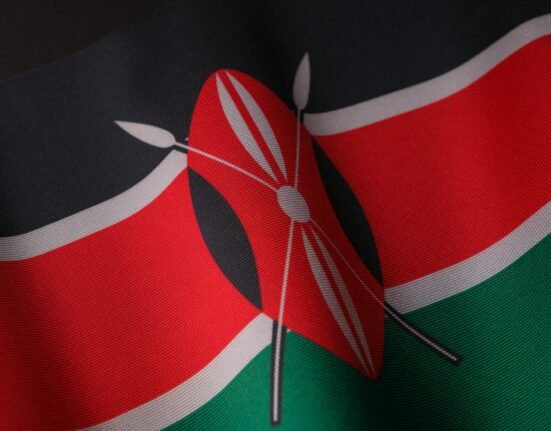Reforms curb risks but high-value customer schemes remain an area of regulatory focus
Regulatory Clampdown on VIP Gambling Sees Results – But Risks Linger
The UK Gambling Commission (UKGC) has released new data on the performance and risks associated with High-Value Customer (HVC) schemes, also commonly referred to as VIP programmes. These schemes offer exclusive incentives and treatment to big spenders in the gambling industry—historically one of the highest-risk segments for gambling-related harm.
In 2020, the UKGC sounded the alarm on how these customers were being managed, leading to the introduction of strict compliance rules. These included enhanced due diligence, financial checks, and executive accountability. At the time, concerns centered on problem gambling, exploitation of vulnerable individuals, and the laundering of criminal proceeds through lax VIP schemes.
Participation Drops but Remains Steady Since 2021
Following the reforms, HVC participation plunged by nearly 90% in 2021, according to initial data. The Commission’s 2024 analysis confirms this reduction has held steady, indicating that the tightened policies have successfully constrained reckless VIP practices.
Moreover, the number of HVC schemes has remained stable. All active programs are now overseen by a designated senior executive, ensuring that accountability is embedded at the highest level of each operator. This executive-level oversight aims to reduce systemic failures and promote ethical handling of VIP customers.
Revenue Impact and Sector Dependency
Despite lower participation, HVCs still account for approximately 3% of gross gambling yield (GGY) in the sampled data. However, this figure is not evenly distributed across the sector.
Land-based casinos, in particular, show higher dependency on HVC-generated revenue. This aligns with expectations, given these venues’ appeal to international high-net-worth players, often drawn by bespoke experiences and premium services. While this reliance is not currently flagged as a harm risk, the UKGC suggests it remains a critical area for ongoing surveillance.
Fewer HVCs Involved in Regulatory Breaches
A positive indicator from the Commission’s findings is that HVC schemes are now less frequently implicated in regulatory violations. This suggests that the reforms are having a tangible impact on improving compliance and reducing harm linked to VIP practices.
Additionally, the Commission recently supplemented these findings with qualitative research on problem gambling, offering deeper insight into the consumer experience. These narratives reinforce the need for ongoing vigilance around high-risk gambling behaviours.
Forward View: Reforms Working, But No Room for Complacency
The UKGC’s report concludes that while limitations remain, the reforms introduced in 2020 and enforced from 2021 appear to be largely effective. However, the Commission maintains a watchful stance, reserving the right to intervene if operators fail to meet expectations.
In essence, HVC schemes have evolved into a more controlled and transparent segment, but their inherent risks ensure they remain under the regulator’s microscope. Future oversight will likely continue to balance revenue potential with safeguarding vulnerable consumers.
As the UK moves toward a more robust regulatory framework—particularly in light of the Gambling Act Review—the treatment of high-value customers will remain a litmus test for industry accountability.























